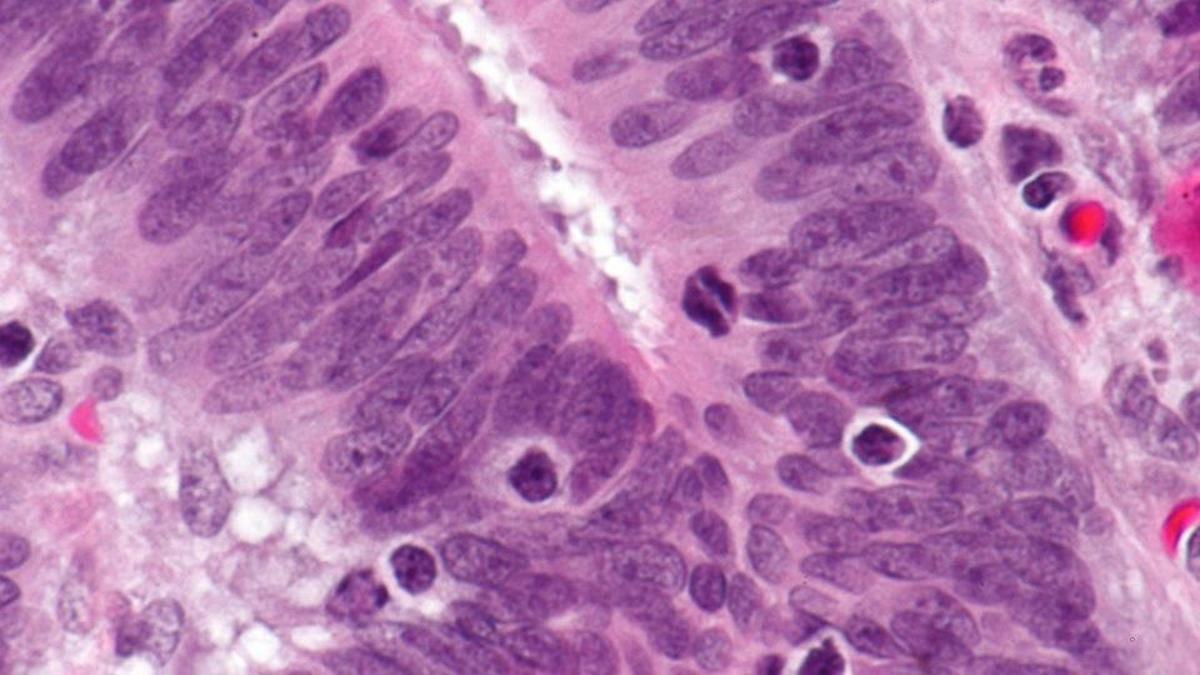Roche raises 2019 outlook, shrugging off biosimilar threat

New product sales helped Roche to a healthy 9% increase in sales in the first half of the year, allowing the group to fend off the impact of biosimilar competition – at least for now.
The Swiss company joined GlaxoSmithKline and AstraZeneca in raising its outlook for 2019 as growth products like multiple sclerosis treatment Ocrevus (ocrelizumab), new haemophilia drug Hemlibra (emicizumab) and cancer immunotherapy Tecentriq (atezolizumab) gathered momentum.
Pharma sales rose 10% to CHF 24.19 billion ($24.5 billion), beating analysts’ estimates by one point. Ocrevus fared pretty much in line with expectations – up 63% to CHF 1.74 billion – but Hemlibra and Tecentriq did much better than predicted.
Hemlibra rocketed to CHF 535 million in the first half thanks to its recent approvals in a broader patient population, while Tecentriq more than doubled to CHF 782 million, which was a welcome boost after a somewhat lacklustre showing in the first quarter. The PD-L1 inhibitor is benefiting from increased use in lung cancer.
Biosimilar competition to two of Roche’s ‘big three’ antibodies – Rituxan/MabThera (rituximab) and Herceptin (trastuzumab) – continued to gather pace in international markets but held up reasonably well in the US. The two slipped 4% to CHF 3.39 billion and 9% to CHF 3.26 billion respectively in the first six months of the year.
The third of the trio, cancer antibody Avastin (bevacizumab), is still holding fairly firm with a 7% sales rise to CHF3.66 billion. However, new biosimilars are being launched for this product too – most recently from Amgen/Allergan in the US – and pressure is expected to build in the second half of the year.
Nevertheless, Roche is still confident it can grow its pharma business strongly in 2019, and chief executive Severin Schwann said that the strong performance of new launches and drugs coming through the pipeline would keep the upward momentum “beyond the current year” despite further biosimilar entries.
Schwann also reiterated Roche’s determination to bring its proposed acquisition of gene therapy specialist Spark Therapeutics to a conclusion despite delays to the deal.
Roche is targeting mid to high single-digit increases in sales and earnings this year, which analysts at Jefferies say is “encouraging and upside surprise, given recent apprehension after first US biosimilar launches for Avastin and Herceptin.” The company was previously predicting mid-single-digit growth.
Shares in Roche rose slightly after the results were announced, suggesting investors were encouraged by the revised outlook.
There was one disappointment in the pipeline, namely the termination of a phase 3 trial of Tecentriq with Pfizer’s Xtandi in metastatic castration-resistant prostate cancer (mCRPC), which Jefferies described as a minor setback.













